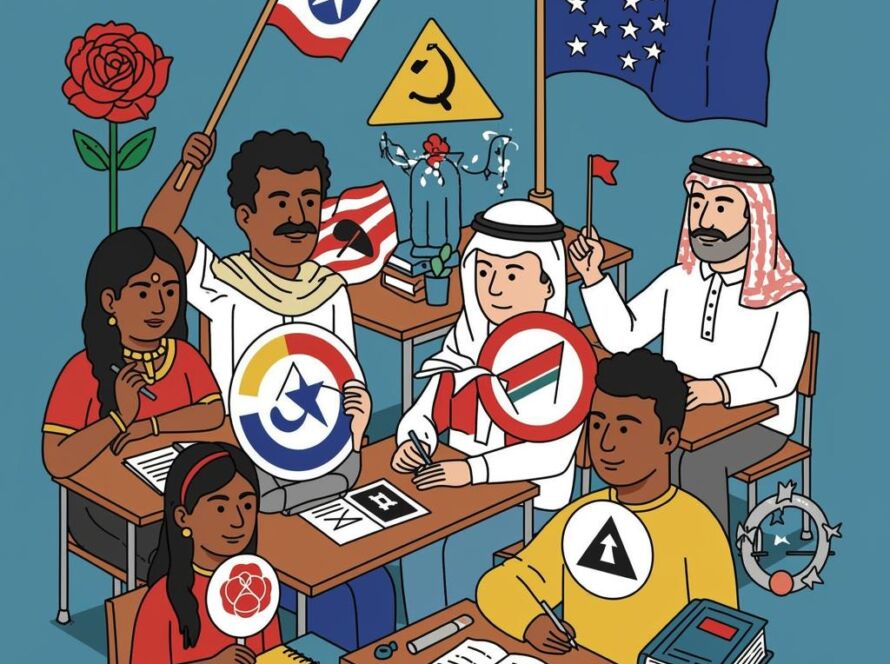Adapting Leisure Activities: Finding Your New Fun
Leisure Activity Adaptation: Finding Joy and Fulfillment in Any Circumstance
Life throws curveballs. Changes in our physical abilities, financial situations, or even the environment can disrupt our favorite pastimes. But maintaining leisure activities is crucial for our physical and mental well-being. This is where leisure activity adaptation comes in. It’s about finding creative ways to continue enjoying the things we love, regardless of the challenges we face.
Understanding the Need for Adaptation
Leisure activities provide us with joy, relaxation, social connection, and a sense of accomplishment. When circumstances change, losing access to these activities can significantly impact our quality of life. Adapting these activities allows us to maintain these benefits and continue pursuing our passions.
Reasons for Adapting Leisure Activities
- Physical limitations: Injury, illness, or aging can make certain activities difficult or impossible to perform in the same way.
- Financial constraints: Economic changes may require us to find more affordable leisure options.
- Environmental changes: Weather conditions, relocation, or limited access to facilities can necessitate adaptation.
- Changes in life stage: Parenthood, retirement, or other life transitions can shift our priorities and available time for leisure.
Strategies for Adapting Leisure Activities
Adapting leisure activities is about finding creative solutions and focusing on the core elements of enjoyment. Here are some key strategies:
Modifying the Activity
Often, small modifications can make a big difference. Consider using adaptive equipment, simplifying the rules, shortening the duration, or breaking the activity down into smaller, manageable steps.
- Example: Instead of running a marathon, try walking shorter distances or using a stationary bike.
Exploring Alternative Activities
Sometimes, adapting the original activity isn’t feasible. This is an opportunity to explore new interests and discover hidden talents. Look for activities that offer similar benefits or fulfill the same needs.
- Example: If you can no longer play contact sports, consider swimming, yoga, or Tai Chi.
Changing the Environment
Adapting the environment can make activities more accessible and enjoyable. This could involve finding accessible facilities, adjusting the lighting or temperature, or reducing distractions.
- Example: If crowded places are overwhelming, try visiting museums or parks during off-peak hours.
Utilizing Technology
Technology offers numerous opportunities for leisure adaptation. Virtual reality, online gaming, and social media platforms can connect us with others and provide access to a wide range of activities.
- Example: If travel is restricted, explore virtual tours of museums or national parks.
Seeking Support and Resources
Adapting leisure activities can be challenging, but you don’t have to do it alone. There are numerous resources available to help you find solutions and connect with others.
Where to Find Help
- Occupational therapists: They can assess your needs and recommend specific adaptations.
- Recreational therapists: They specialize in using leisure activities to improve well-being.
- Support groups: Connecting with others facing similar challenges can provide valuable support and inspiration.
- Community centers: Many offer adapted leisure programs and resources.
The Rewards of Adaptation
Adapting leisure activities can be empowering. It allows us to maintain our independence, pursue our passions, and enjoy a fulfilling life, regardless of the challenges we face. By embracing adaptation, we open ourselves to new possibilities and discover the resilience of the human spirit.



